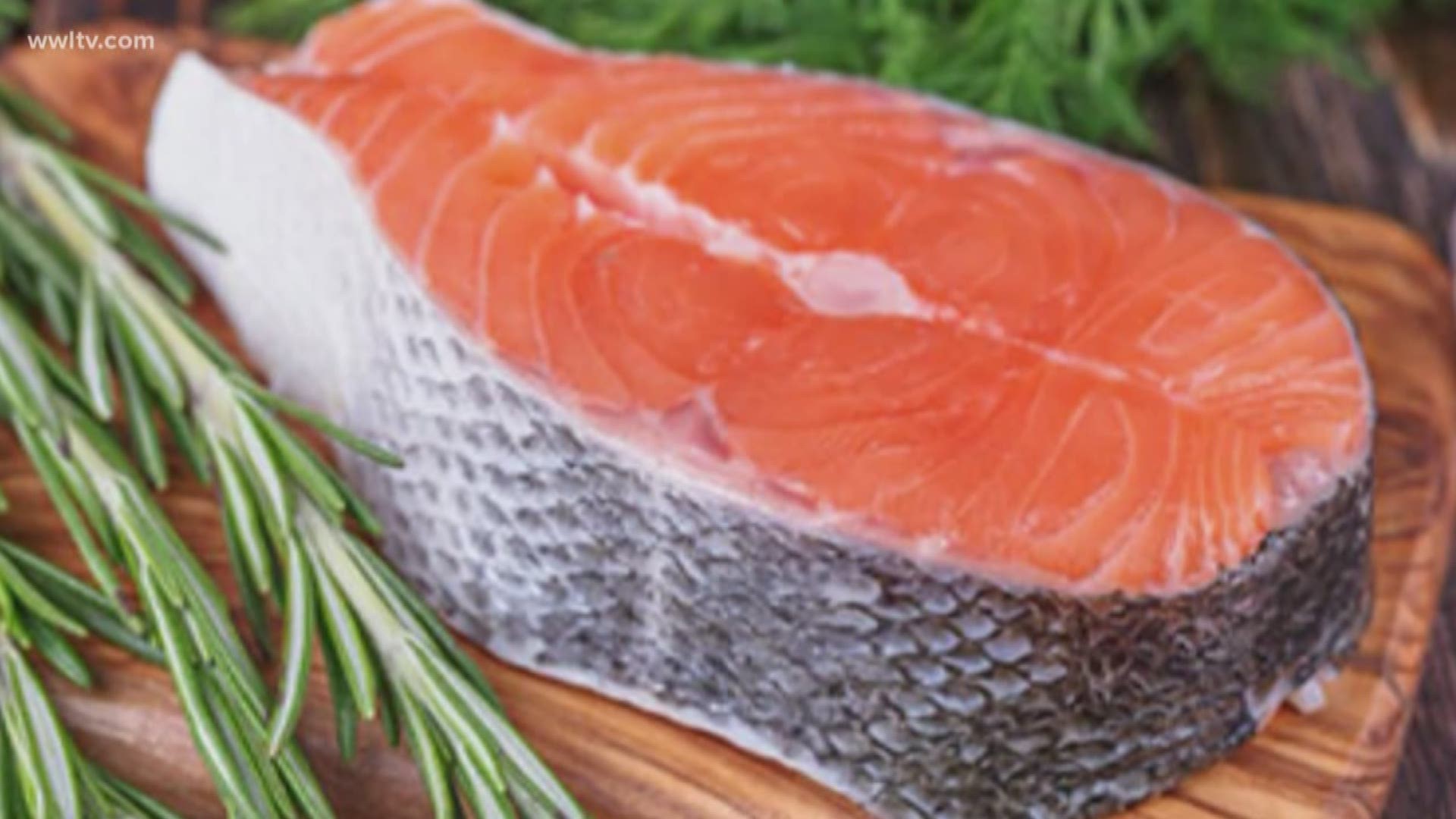NEW ORLEANS -- The slogan has been around for a long time: "Eat Oysters, Love Longer."
Well, now there is a medical study that lends some credence to that saying, especially for couples who want to have children.
A Harvard study suggests that couples who eat more seafood tend to have more sex and get pregnant faster than other couples trying to conceive.
That was good news for one couple having lunch at Drago's in Metairie.
"There's some truth to it. In fact, we're about to head out to test that theory here if I get my oysters," laughed John Siener.
"I'm not surprised at all. Seafood makes him very happy, no matter what time of day it is," said Belle Hayes, who was with Siener. The couple was visiting from Wisconsin.
Tulane Endocrinologist Dr. Franck Mauvais-Jarvis, speculates one reason for the outcome is that, in general, people who eat seafood are more health minded.
"You can expect them to have more physical activity, to take more vitamins, to eat other healthy food and therefore to have healthier sexual life," said Dr. Mauvais-Jarvis, and Endocrinologist at the VA Medical Center and Professor of Medicine at Tulane.
Seafood is an important source of protein and nutrients. He says other studies have shown that fish high in omega-3 fatty acids, like salmon and tuna, increase the quality of couples' sperm and eggs, having a positive impact on the new embryo. But concerns over mercury pollution cause some women to stop eating fish when trying to conceive, so half of pregnant women eat far less than the recommended amount. Couples in the study ate seafood eight times a month.
"I think that the health benefits of eating fish far outweigh the risks of being exposed to mercury," Dr. Mauvais-Jarvis said.
But the doctor does have one caution.
"It does not apply to eating fried fish in a poboy, as people like to do in New Orleans," he said, explaining that that type of fat from frying and the large serving of white French Bread take away the health benefits of seafood.
The FDA and the EPA say 90 percent of the fish eaten in the U.S. is low in mercury and safe to eat.
They recommend two to three servings of lower-mercury fish per week.
The study was published in the Endocrine Society’s Journal of Clinical Endocrinology & Metabolism.

